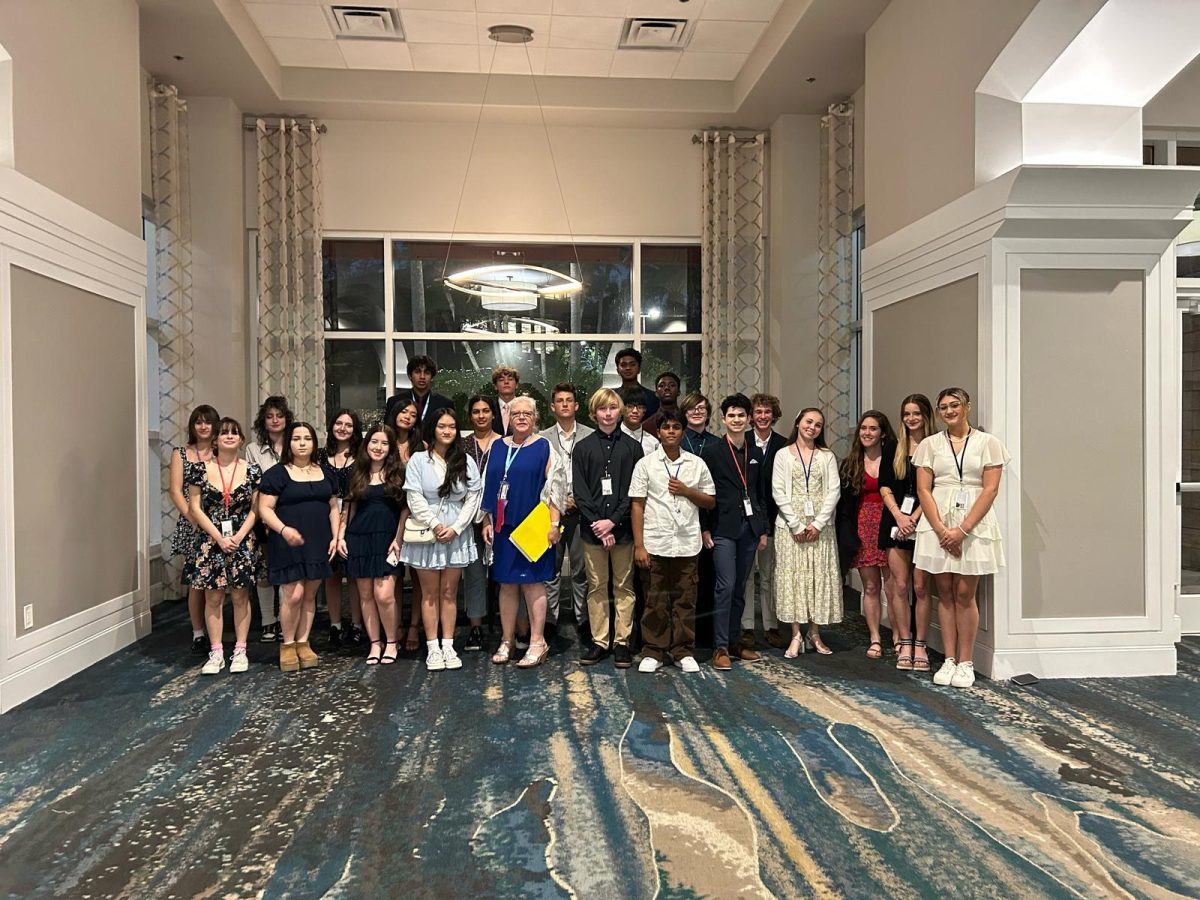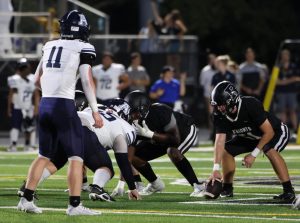I Would’ve Rather Been Bitten by A Spider Than Have Seen “Spider-Man No Way Home”
“Spider-Man: No Way Home” is a tale of teenage idiocy with horrible consequences.
January 29, 2022
Editor’s note: the following story contains spoilers for “Spider-Man: No Way Home.”
For so long after the “Spider-Man: Now Way Home” movie came out, I looked forward to watching it and after hearing such great things about it from my friends I had come to expect another breathtaking “Spider-Man” movie. After seeing it, I wanted to have Dr. Strange cast a spell on me to make me forget that I had ever seen such an egregious abomination of cinema.
In past Spider-Man movies, regardless of who played Spider-Man, they would always sacrifice for the greater good, a concept that Parker doesn’t seem to comprehend in “No Way Home.”
From the very beginning, Parker costs his friends admission into MIT. But, instead of calling school admissions officials or trying to make amends to people who feel wronged by him, the first idea that pops into his head is to get an insanely powerful wizard to place a spell that would cause people to forget he’s Spider-Man and he could get into MIT with his friends. With Parker being completely indifferent to the monumental consequences of his actions, he breaks the entire universe.
“Spider-Man” and “Marvel” heroes were never selfish, they did their duty and sacrificed for the intrinsic value of helping others. They did whatever was within their means for the common good of all mankind. Parker feels like he should get something in return for saving the world. While he should be allowed to have a personal life, what does it say about someone who doesn’t care about the potential effects of his actions on others?
Parker seemed to lack any logic or even a shred of common sense. When he had captured all of the villains that broke through the cracks in the multiverse and could’ve sent them back, he decided to help fix them. Now yes, this was a morally good thing to do, but even without knowing the violence that they would go on to cause, he could’ve put together that keeping elements from a universe that’s not even your own would inevitably cause severe consequences to not only his own world but the other ones too. Due to this, he can be blamed for millions in property damage, the death of his Aunt (it was a bit her fault too for convincing Parker to help the people, but mainly his) and, as stated before, breaking the Universe.
Towards the end of the movie, Parker decides to let Strange cast a spell which would make it so that everyone forgets who he is in order to save the universe. I have one thing to say to this: TOO LATE. The damage he inflicted to the people around him was irrevocable. And based on the end credits scenes, we know that Parker’s attempt to restore the multiverse failed. Marvel heroes of the past sacrificed for others, but their sacrifice had meaning. Parker’s sacrifice was a sad, half-baked attempt to show some care or empathy for anyone but himself.
While “Spider-Man No Way Home” did have its bright spots, especially the uniting of all three Spider-Man’s, the pure idiocy of Parker casts a bad tone for the film, something the past Spider-Man characters and nostalgia they brought couldn’t fix. Many would say that since he’s a kid, he can be misguided (providing he’s morally correct). But that’s like saying a minor can kill someone or blow up a building because they thought they were trying to help someone.
With great power comes great responsibility, and a real spider is more responsible than Parker in “Spider-Man No Way Home.”










